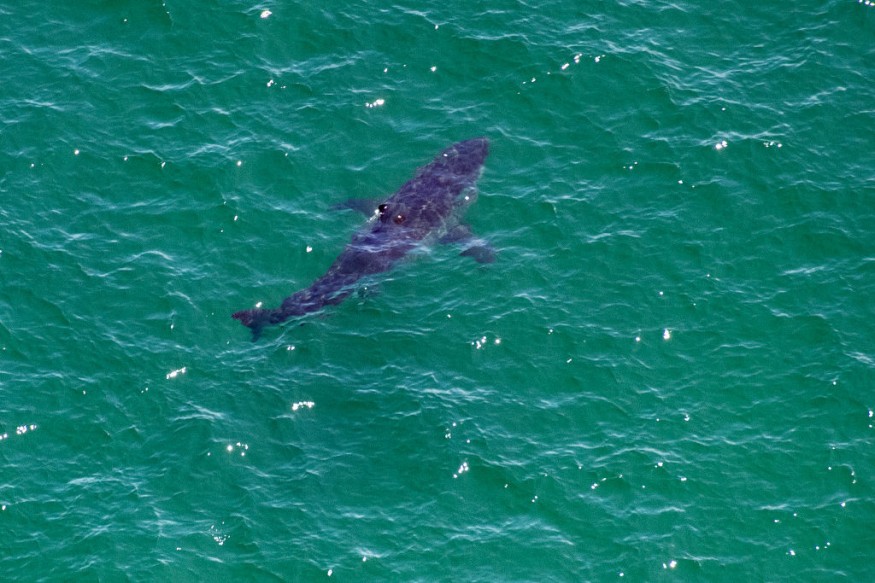According to the latest reports, experts said that sharks are believed to consume drugs on the coasts of Florida Keys, causing them to act crazy.
Pharmaceuticals, methamphetamines or cocaine can make sharks in showing strange behaviors. The latest Shark Week looked into the effect of pharmaceutical products on aquatic animals.
The United States Coast Guard News recently reported that it recovered over $186 million of illegal narcotics near Southern Florida waters.
According to The Guardian's report, Dr. Tracy Fanara explained it revealed a significant problem: all that is being manufactured and used would go to wastewater streams and bodies of water.
Dr. Fanara is also the research team leader and environmental engineer in Florida. Aquatic species could be exposed to what flows in oceans, including harmful drugs and chemicals.
Harmful drugs on aquatic animals

Meanwhile, Business Insider reported that cocaine could likely wash up on Florida's coasts or beaches due to illegal marine traffickers with pharmaceuticals.
Illegal pharmaceuticals like cocaine or methamphetamines can affect aquatic animals like fish. There is a possibility that the said drugs impact sharks roaming around Florida Key's coast.
Based on the reports, the researchers spent six days monitoring the Florida Keys, including with British marine biologist Tom Hird. They looked into the sharks on the coast that showed strange and crazy behaviors.
The location has been significant to the researchers because it was believed to have floating cocaine bales.
In the researchers' observation, they found the following strange movements from Florida's waters:
- One sandbar shark was found seemingly swimming in circles that were likely staring at an object.
- In addition, a hammerhead shark was also discovered running erratically to divers, which are unusual to the said shark species.
According to the report, the researchers planned to observe the blood samples of sharks for possible cocaine-level exposure.
Hotter Temperatures Impact Coral Reef Systems in Florida
Recently, Nature World News (NWN) and the Associated Press (AP) reported that the coral reefs in Florida were affected by heat stress due to scorching temperatures in the region.
Changes in temperatures can have significant impact on coral reefs that are sensitive to changes in temperatures.
In the reports, the high temperatures caused bleaching in some corals in the area. From the beautiful colors of the corals, they appeared to be pale-looking.
The AP report explained that the surface temperatures in the Florida Keys reached 91 degrees.
Coral reefs have been important to oceans and aquatic animals to find food and repopulate. The significant impact on coral reef systems could impact the marine environment in the area.
Also Read : North Atlantic Right Whale Suffers from Worsening Decline in Population, New Report Shows
Did you know? Sharks on Florida's waters
According to the Fish and Wildlife Conservation Commission in Florida, over 13 species of sharks visit the Florida's waters. Some sharks migrate or visit Florida's coasts during the summer and spring seasons.
Related Article : Possible Sharks Roaming Along Long Island Beaches Bite Five People in Just Two Days
For more similar stories, don't forget to follow Nature World News.
© 2025 NatureWorldNews.com All rights reserved. Do not reproduce without permission.




